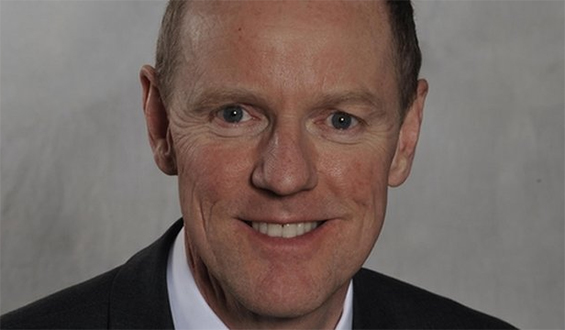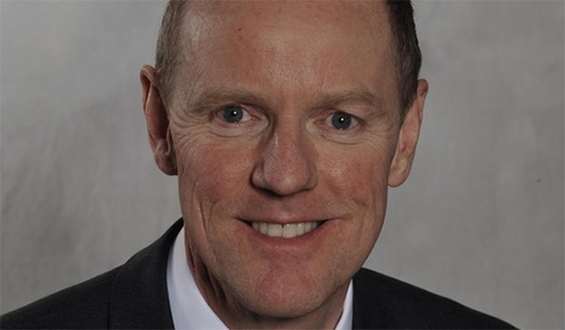
United Kingdom schools minister Nick Gibb has written an open later stating that children with summer birthdays should have the option of delaying school until they’re five rather than being forced to attend school at age four.
The September school cut-off leaves some students a year younger than their peers, which constitutes a significant difference in development. Gibb believes that it’s not in the best interests of children to send them to school before they’re ready.
In his letter, he said:
As part of our plan to extend social justice and opportunity, we want all children to have an equal chance to excel in school regardless of when they are born. Parents know their children best and we want to make sure summer-born children can start reception at the age of five, if their parents think it is in their best interests.
We are going to make changes to admission rules, but we want councils and academies to take immediate action.
Parents of children born in the months between April and August can ask for a year’s delay, writes Judith Burns of the BBC News, but some local policies require the students to later skip a year to fall back in with their peers. Others say that children who delay their reception year when they’re four should skip that year and go straight to year one once they turn five, according to Javier Espinoza of the Telegraph.
According to research, children born in the summer perform worse at academics than those born in the autumn, reports John Kay of the BBC. According to the Institute for Fiscal Studies, the differences were largest in the earliest grades, but the gap remained throughout schooling. Compared to children with September birthdays, those born in August are 6.4% less likely to achieve five GCSEs or the equivalent, writes Sally Weale of the Guardian.
General secretary Dr. Mary Bousted of the Association of Teachers and Lecturers says that Gibbs’ plan wouldn’t solve existing problems entirely. She said:
International research indicates that expecting children to follow an overly formal, narrow academic curriculum at too young an age is counter-productive and damaging to their learning. The increasingly formalized national curriculum and assessment in the crucial first few years of school are the main reasons many parents want to delay the start of school for their summer-born children, so we urge Nick Gibb to modify these to address parental anxieties.
Dr. David Whitebread, a professor of psychology and education at Cambridge, noted that if children are allowed to start school a year or two later, the “summer-born effect” is negligible. He said data supported his stance:
In countries with these later starting ages, there is a very much reduced summer-born effect, or none at all, and there is no evidence from international comparisons that children in the UK are better educated than children from elsewhere.
So delaying the start of school by one year for summer-born children is a very good idea, provided that they then start in reception and receive the seven years of primary schooling that all other children in the UK receive.
Any changes would have to be approved by Parliament after a consultation.




